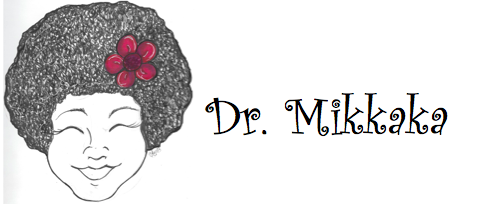3 Things We're NOT Doing this Black History Month or Ever Again (Part Two)
Martin Luther King Jr. had a dream that children of all races would hold hands. He also expressed frustration that we weren’t moving past niceness and hand-holding. In that famous “Letter from a Birmingham Jail”, King wrote:
I have almost reached the regrettable conclusion that the Negro’s great stumbling block in his stride toward freedom is not the White Citizen’s Council-er or the Ku Klux Klanner, but the white moderate, who is more devoted to “order” than to justice; who prefers a negative peace which is the absence of tension to a positive peace which is the presence of justice; who constantly says: “I agree with you in the goal you seek, but I cannot agree with your methods of direct action”; who paternalistically believes he can set the timetable for another man’s freedom; who lives by a mythical concept of time and who constantly advises the Negro to wait for a “more convenient season.” Shallow understanding from people of good will is more frustrating than absolute misunderstanding from people of ill will. Lukewarm acceptance is much more bewildering than outright rejection.
Framing MLKJ as always forgiving and peaceful and “nice” is shallow at best. You’re doing your students a disservice by perpetuating the idea that “nice” people can’t be racist or don’t benefit from oppressive systems. Black people haven’t been “sad” about oppression throughout history, they’ve rightfully been angry and confrontational, as well as resilient and unbothered. Teach more broadly, truthfully, and with complexity. The second thing we’re not doing this Black History Month is…
We are not going to continue perpetuating myths and narrow depictions of history. Rosa Parks was not tired and old. Martin Luther King jr. was more than a feel-good quote. Check out the following links to help you expand the narratives you’re sharing.
Keep the conversation going in the comments or in your own circles. Questions for Reflection: What new stories can you tell this year? How can you add to and complicate the stories you’ve been telling in age-appropriate ways?
